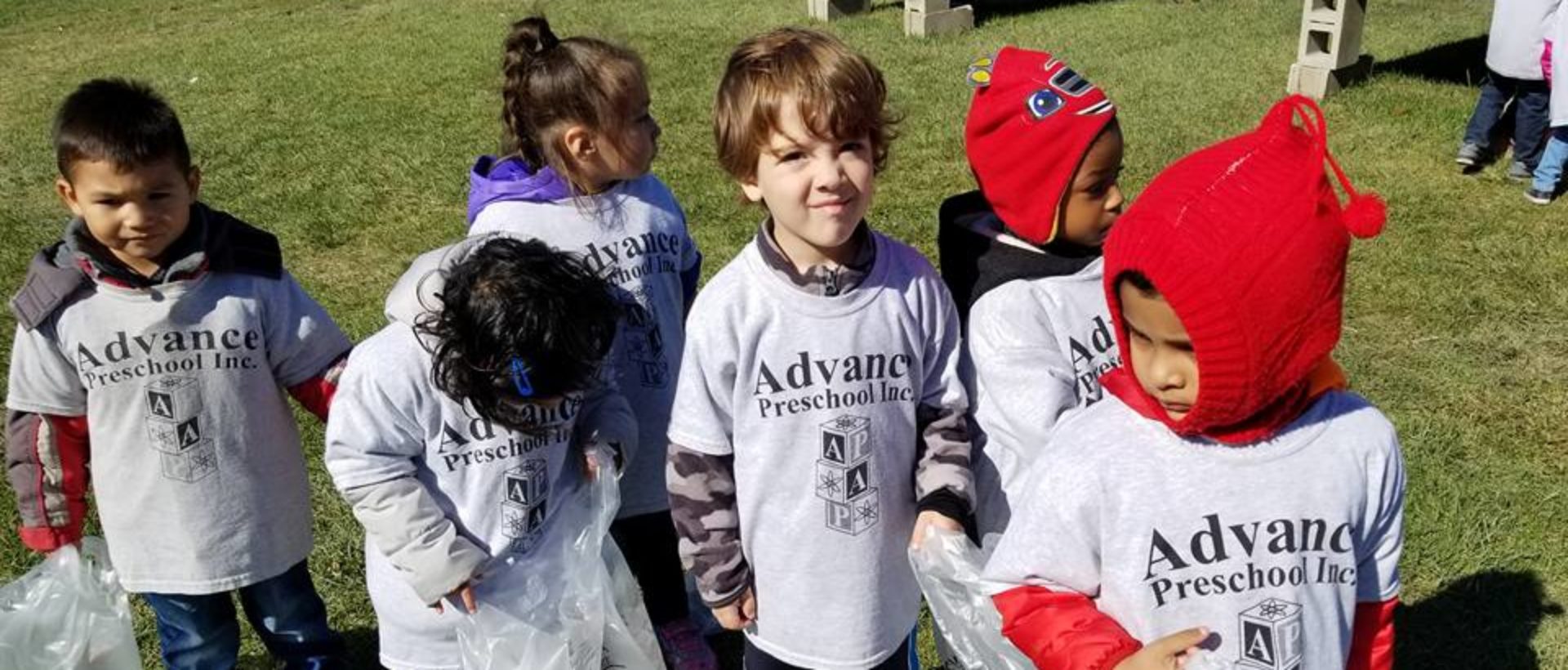It has been said that play is children’s work. Children work hard at their play because they are able to create experiences for themselves. The best part about children’s play is that it helps children learn a great deal while they have fun. Here are some things to keep in mind about play.
“Play” can be any spontaneous activity that is fun. “Play” is any activity that the child can initiate and conduct independently. “Play” does not have to model reality.
Play can be an effective and enjoyable way for children to develop skills. Children are able to develop the following skills through play:
- Language skills when they create name games, sing songs, and recite jump rope rhymes.
- Thinking skills when they construct a block tower, follow directions to a game and figure out pieces to a puzzle.
- Small muscle skills when they string beads, make clay figures and cut with scissors.
- Large muscle skills when they play ball, roller skate and run relay races.
- Creative skills when they make up stories, put on a puppet show and play with dress-up clothes.
- Social skills when they team up to play ball games, discuss rules for a card game and decide who will play what part in a role-play.
It is important to remove barriers to children’s opportunities to play, such as:
Too many structured activities. When children’s lives are over scheduled with activities, sports and lessons, they do not have time to themselves and time for unstructured play.
Too much television. When children watch too much television, their play often mimics what they see on TV (or on the video or computer screen). TV watching also robs children of valuable time to play.
If a child says, “I’m bored,” he/she may need more unstructured time for play.
Parents often hear children complain about boredom when activities are not scheduled for them. Children need “down time” and time to be alone. These are the occasions when children’s imagination and creativity take hold. These are the times when children experience the full benefits of play.
It is our goal to formulate our daily schedule to incorporate a balance for structured activities as well as fee play experiences. We encourage play through manipulative and props that serve as educational tools while fostering imagination. We look forward to developing each student into an independent, creative individual.

